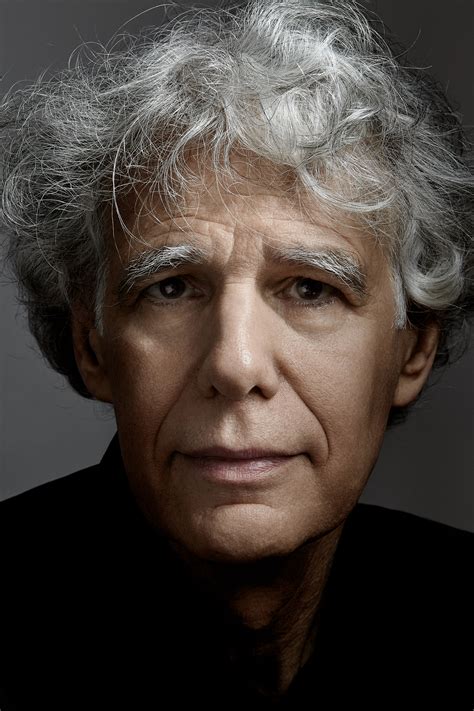A Quote by Walter Cronkite
The 60s undoubtedly were the most turbulent years of the century.
Related Quotes
I was really interested in 20th century communalism and alternative communities, the boom of communes in the 60s and 70s. That led me back to the 19th century. I was shocked to find what I would describe as far more utopian ideas in the 19th century than in the 20th century. Not only were the ideas so extreme, but surprising people were adopting them.
Of all the men who attacked the flying problem in the 19th century, Otto Lilienthal was easily the most important. ... It is true that attempts at gliding had been made hundreds of years before him, and that in the nineteenth century, Cayley, Spencer, Wenham, Mouillard, and many others were reported to have made feeble attempts to glide, but their failures were so complete that nothing of value resulted.
My parents had five children in six years and one week, meaning that my mom was pregnant for most of the '60s and driving carpools for most of the '70s. When we were young, she dressed us alike so she could pick us out in crowds: identical skirts for the four girls with the color-coordinated pants for my brother.
We are all here on this planet, as it were, as tourists. None of us can live here forever. The longest we might live is a hundred years. So while we are here we should try to have a good heart and to make something positive and useful of our lives. Whether we live just a few years or a whole century, it would be truly regrettable and sad if we were to spend that time aggravating the problems that afflict other people, animals, and the environment. The most important things is to be a good human being.
For dash and gallantry the bloodthirsty Scots, Australians and Canadians led the way, with the impetuous Irish close behind. The Australian to my mind were the most aggressive, and managed to keep their form in spite of their questionable discipline. Out of the line they were undoubtedly difficult to handle, but once in it they loved a fight. They were a curious mixture of toughness and sentimentality.
I have heard Ori Kam on several occasions over the last few years and have always been deeply impressed with his playing. He possesses a rare combination of musical talent, technical facility, intelligence, and charisma, and he is undoubtedly one of the most extraordinary young artists I have heard in recent years.
The great successes of the modern environmental movement in the '60s and '70s had laid the seeds of their failure in the early years of the 21st Century. They had built institutions filled with lawyers and scientists well suited to lobby policy makers who basically shared their world view. This worked well when liberals controlled the Congress and much of the federal bureaucracy, and when the politics of the time were more supportive of active government efforts to regulate the economy and clean up the environment.

































